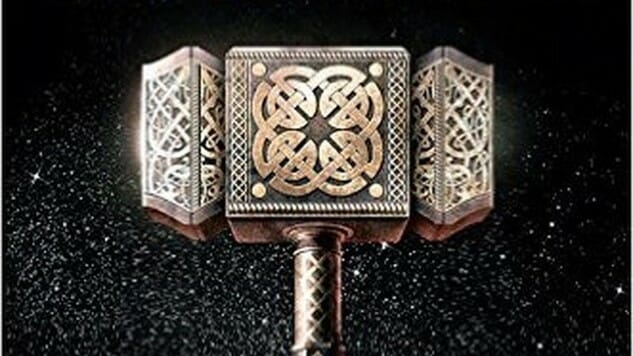Neil Gaiman’s Norse Mythology Reads Like a Bible Produced by Marvel

Norse myths tend to play second banana to Greek myths, but they’re everywhere—if you know where to look. From Thor’s obvious presence in the Marvel Universe to Ron Burgundy’s exclamation “Odin’s ravens!” in Anchorman, Norse mythology is a part of popular culture.
Anyone with the slightest interest in these vibrant myths will enjoy Neil Gaiman’s new book, Norse Mythology. The American Gods author has proven himself an expert in reinterpreting old tales, and this retelling maintains the stories’ original spirit and humor.
 Most Norse myths revolve around a familiar trio—Odin, Thor and Loki—and involve Loki causing trouble. As Gaiman’s Thor says, “When something goes wrong, the first thing I always think is, it is Loki’s fault. It saves a lot of time.”
Most Norse myths revolve around a familiar trio—Odin, Thor and Loki—and involve Loki causing trouble. As Gaiman’s Thor says, “When something goes wrong, the first thing I always think is, it is Loki’s fault. It saves a lot of time.”
-

-

-

-

-

-

-

-

-

-

-

-

-

-

-

-

-

-

-

-

-

-

-

-

-

-

-

-

-

-

-

-

-

-

-

-

-

-

-

-








































